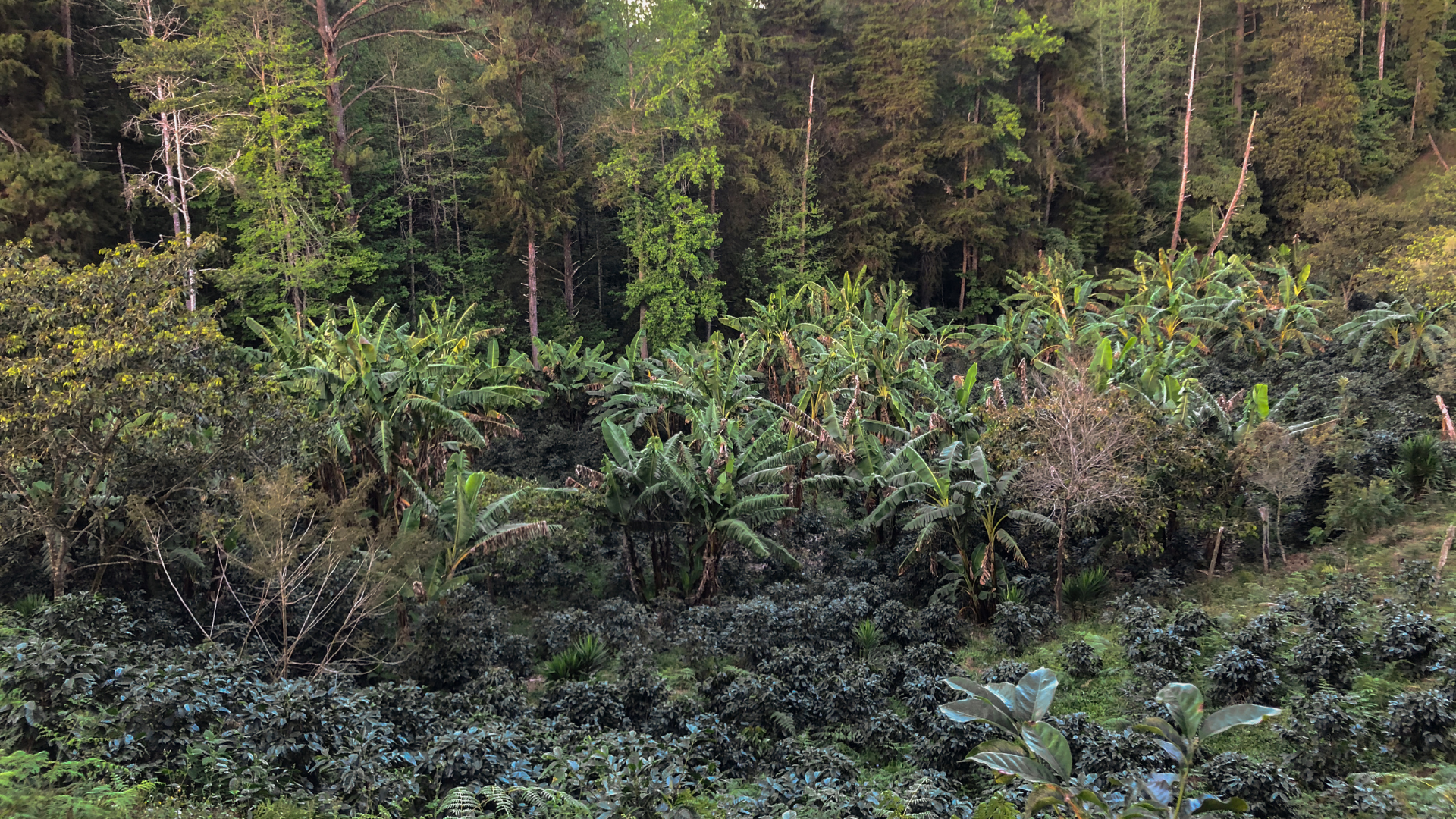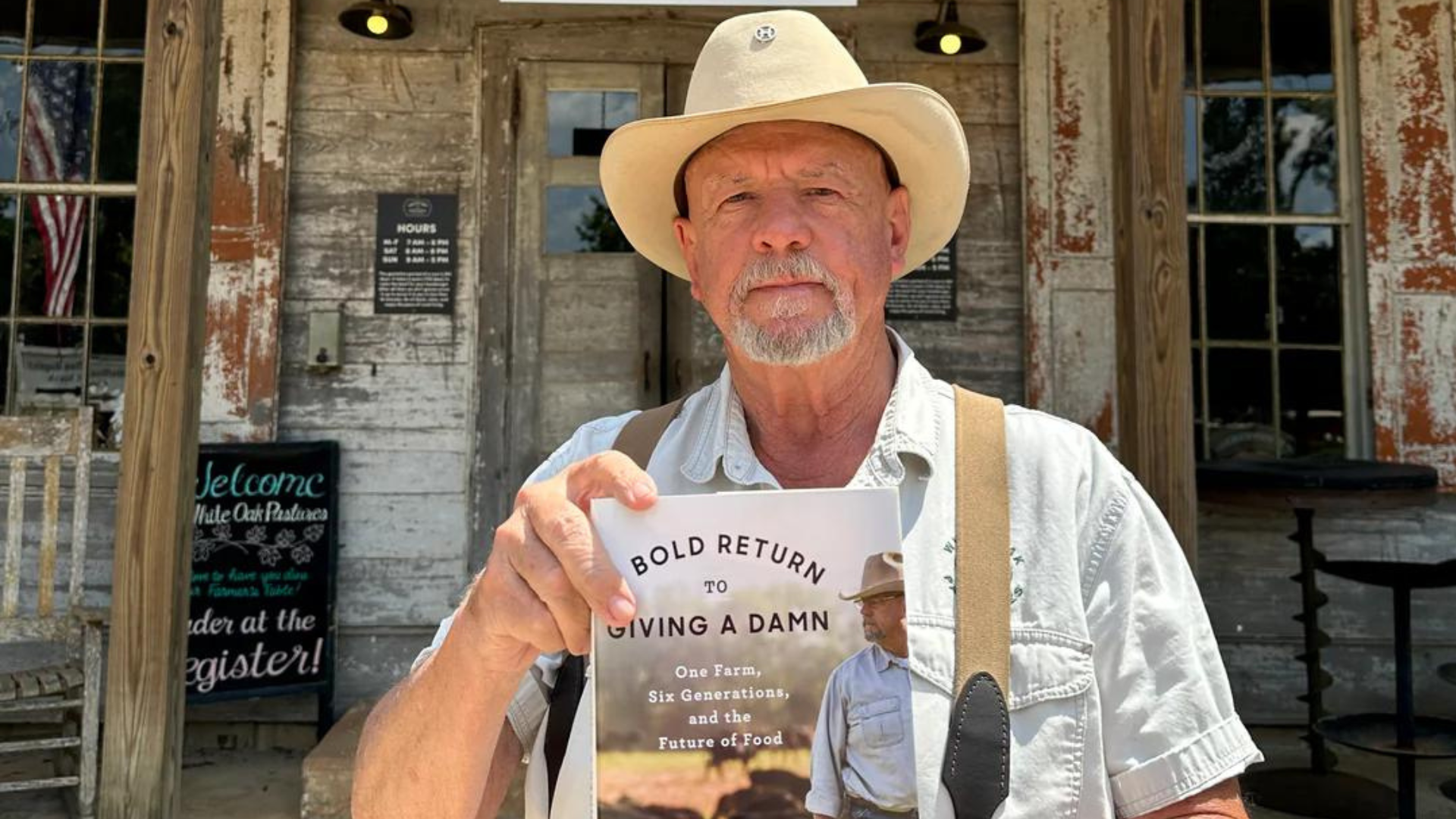Article: What is Regenerative Organic Certified® Coffee and Why is it Important?

What is Regenerative Organic Certified® Coffee and Why is it Important?
With all the labels and certifications out there, it can be challenging to know what really stands behind them. One certification that we have been talking about for a while is the Regenerative Organic Certification (ROC®) — a standard that holds special significance for us and is close to our founder Mickey McLeod's heart.
What is ROC® (Regenerative Organic Certification) and why is it important?
To understand the importance of regenerative agriculture in coffee, it's essential to look at the current landscape of coffee farming and the projected impacts of climate change on the future of coffee:
By 2050, as much as 50% of land suitable for coffee cultivation could be lost due to climate change. Rising temperatures, unpredictable rainfall, and the growth of pests and plant diseases are significant challenges for coffee farmers worldwide. While demand for coffee is expected to triple by 2050, yields in some regions are expected to decline significantly, leaving millions of farmers in economic uncertainty. As the coffee industry is facing these challenges, there is a growing urgency for a more regenerative way of farming.
To support the shift towards a regenerative future, the Regenerative Organic Certification was established in 2017 by the Regenerative Organic Alliance, ROA, a group of farmers, business leaders, and experts in soil health, animal welfare, and social fairness. ROC is built on three core pillars:
- Soil Health & Land Management
- Animal Welfare
- Social Fairness
Through regenerative organic farming, coffee producers are able to help both their land and their communities. By nurturing healthy soil and supporting biodiversity, they create ecosystems that are better equipped to handle environmental challenges. Growing coffee plants in symbiosis with native rainforests allows the plants to grow healthier in soil that is nutrient-rich, eliminating the need for chemical inputs. Shade-grown coffee, a way to grow coffee regeneratively, creates a rich, ecologically diverse environment where coffee plants can thrive under the natural canopy of rainforest trees. As a traditional cultivation method used for thousands of years, it allows coffee cherries to grow in cooler temperatures, letting the cherries ripen more slowly and ultimately creating a higher-quality cup of coffee.
In addition to improving taste, this regenerative approach also offers environmental benefits. Shade-grown coffee helps prevent erosion and landslides while retaining moisture in the soil, creating a natural habitat for birds and insects. The cooler conditions of a shade-grown environment also keep pests, such as coffee leaf rust and coffee borer beetles, from spreading rapidly. To learn more about the benefits of shade-growing as a regenerative method, click here.

Shade-grown coffee plants at Salt Spring Coffee producer Finca Los Pinos in Nicaragua.
Our journey to Regenerative Organic Coffee
So, what makes Regenerative Organic coffee better?
“Organic is about what you don’t do—you avoid synthetic inputs like chemical fertilizers, pesticides, and herbicides. Regenerative organic agriculture, however, focuses on what you should do. It considers human, animal, and environmental welfare. With regenerative farming, you're planting not just in soil but within an entire ecosystem. It’s about partnering with nature, not forcing it to work for you,” Mickey shared in a recent livestream with Choose Canada Organic.
Over the years, Salt Spring Coffee has supported many of its coffee producers get ROC® certified, a process made easier as many of them were already growing their coffee in a regenerative organic way. In Spring 2024, we introduced our first Regenerative Organic Certified® (ROC) coffee, Village Trade, across Canadian store shelves. By summer 2024, we expanded internationally, introducing four ROC® certified coffees — Blue Heron, French Roast, Regen Roast, and Village Trade — to the United States.
Coffee is the second most traded commodity in the world, touching the lives of a lot of people. By bringing regenerative organic coffee to the consumer, we are investing in a future where each cup helps regenerate the land, supports farmers, and builds a healthier planet.

